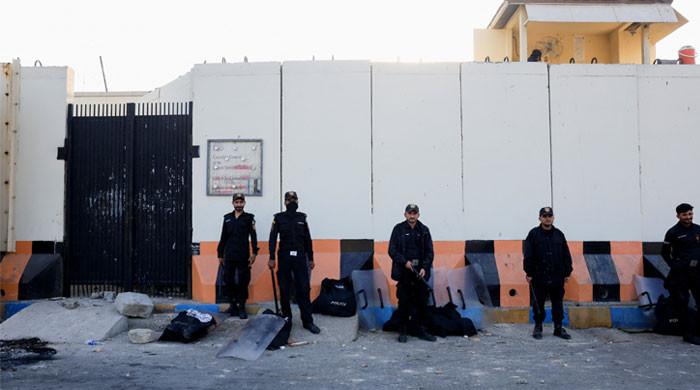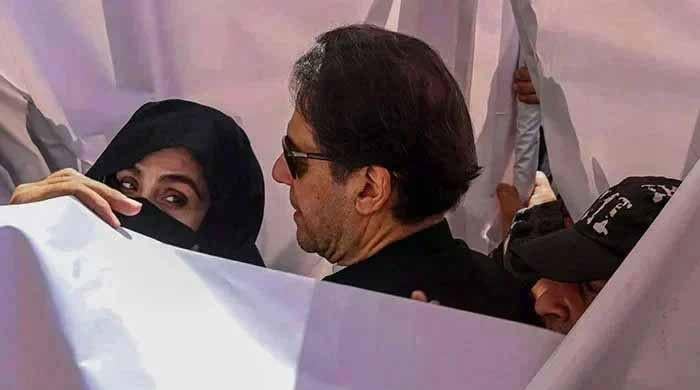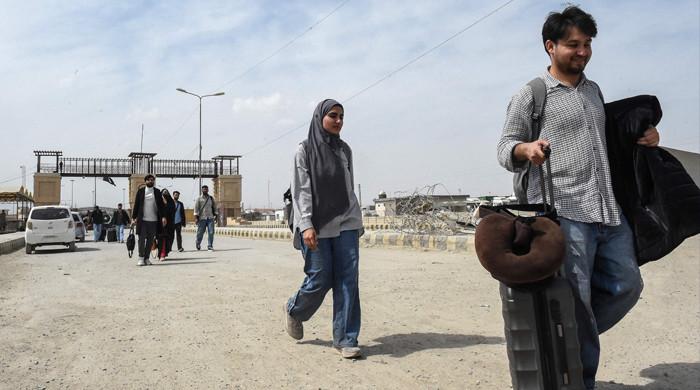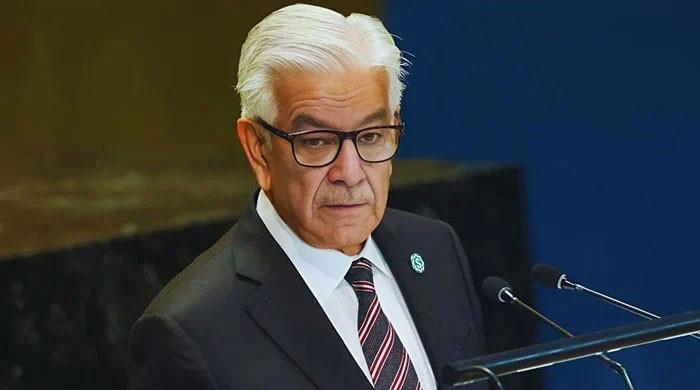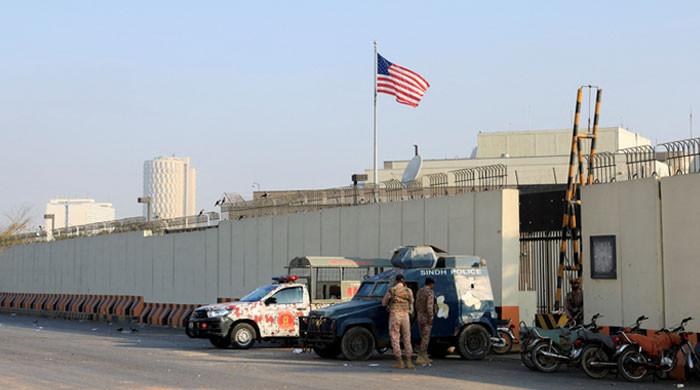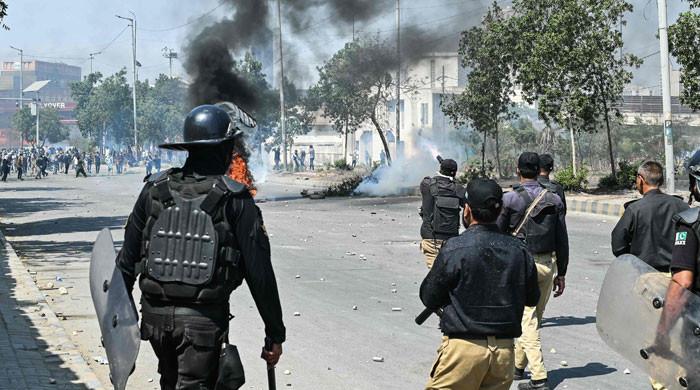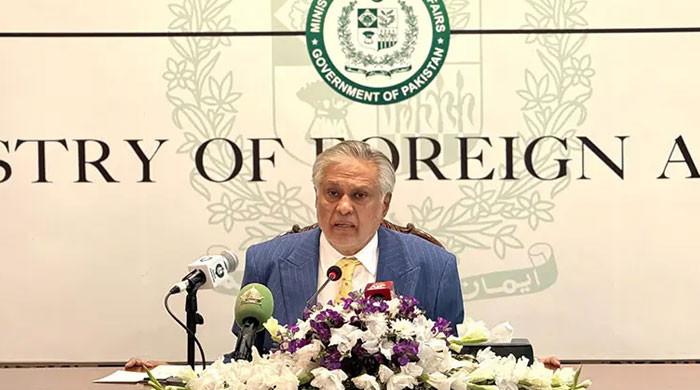Islam rejects sectarianism, extremism, and terrorism in all forms: Ashrafi
Ashrafi says some Islamic countries facing unrest due to external interference which could be stopped by Muslim unity
October 23, 2022
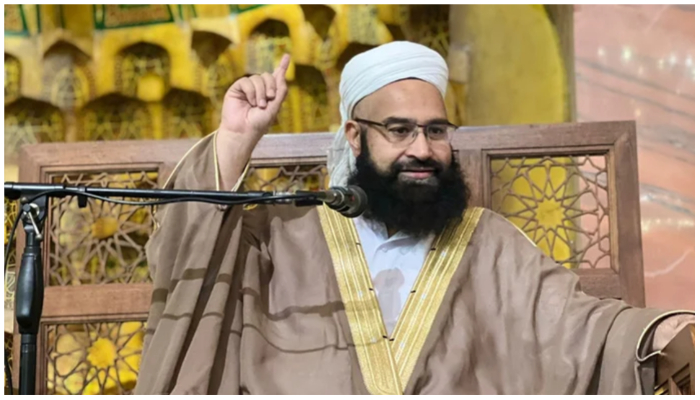
- Ashrafi says some Islamic countries facing unrest due to external interference which could be stopped by Muslim unity.
- He says no room for myths of terrorism in Islam as it was a religion of peace, security, and moderation.
- He also endorses stance of Saudi Arabia on oil issue.
ISLAMABAD: Prime Minister’s Special Representative for Interfaith Harmony and the Middle East Hafiz Muhammad Tahir Mahmood Ashrafi said Islam rejected sectarianism, extremism, and terrorism in all their forms and manifestations.
Addressing an "International Tahzeem-e-Harmain Al-Sharifain Conference" in Abuja (Nigeria), he said to get rid of these social evils, it was necessary to disseminate the message of Islam in its actual context, which Muslims received from the holy lands of Makkah and Madinah.
Ashrafi, who is also the Chairman of the Pakistan Ulema Council and Secretary-General of the International Tahzeem-e-Harmain Al-Sharifain Council, said there was no room for such myths in Islam as it was a religion of peace, security, and moderation.
He said the situation of unrest in some Islamic countries was due to external interference which could be stopped by forging unity in the Muslim Ummah.
He said the union would help contain Islamophobia and resolve the issues confronting the Muslim Ummah on the global level.
Ashrafi also endorsed the stance of Saudi Arabia on the oil issue and said that Pakistan and the entire Islamic world were standing by its narrative for global economic stability.
Ashrafi said the entire Muslim Ummah’s message was loud and clear that they would not compromise on the security, sanctity, and stability of the soil of Harmain Al-Sharifain at all costs.
The PM's aide further said that Kashmir and Palestine were the two burning issues of the Muslim Ummah, and they should be resolved as per the will of the Kashmiris and Palestinians.
He maintained that interfaith dialogue was also the need of the hour adding that Pakistan had prepared a document, titled "Paigham-e-Pakistan" (Message of Pakistan) to get rid of sectarianism, extremism, and terrorism.
Terming Harmain Al-Sharifain as the centre of Muslim Ummah, he said the way Saudi Arabia serves humanity was admirable and praiseworthy.
Besides leading Ulema, Mashaykh and religious scholars from all over the Islamic world addressed the conference, including Dr Ibrahim Jamia Otoyo, Dr Dawood Abdul Baqi Muhammad, Dr Imam Issa Abdul Kareem, Dr Sulaiman Usman, Dr Muhammad Abdullah Al-Thani, Dr Sharafuddin Badibur Aji, Dr Muhammad Munir Ilyas, Dr Muhammad Al-Haaj Abu Bakr, Dr Abu Bakr Muhammad Al-Thani, and Dr Al-Khizar Abdul Baqi Muhammad.




